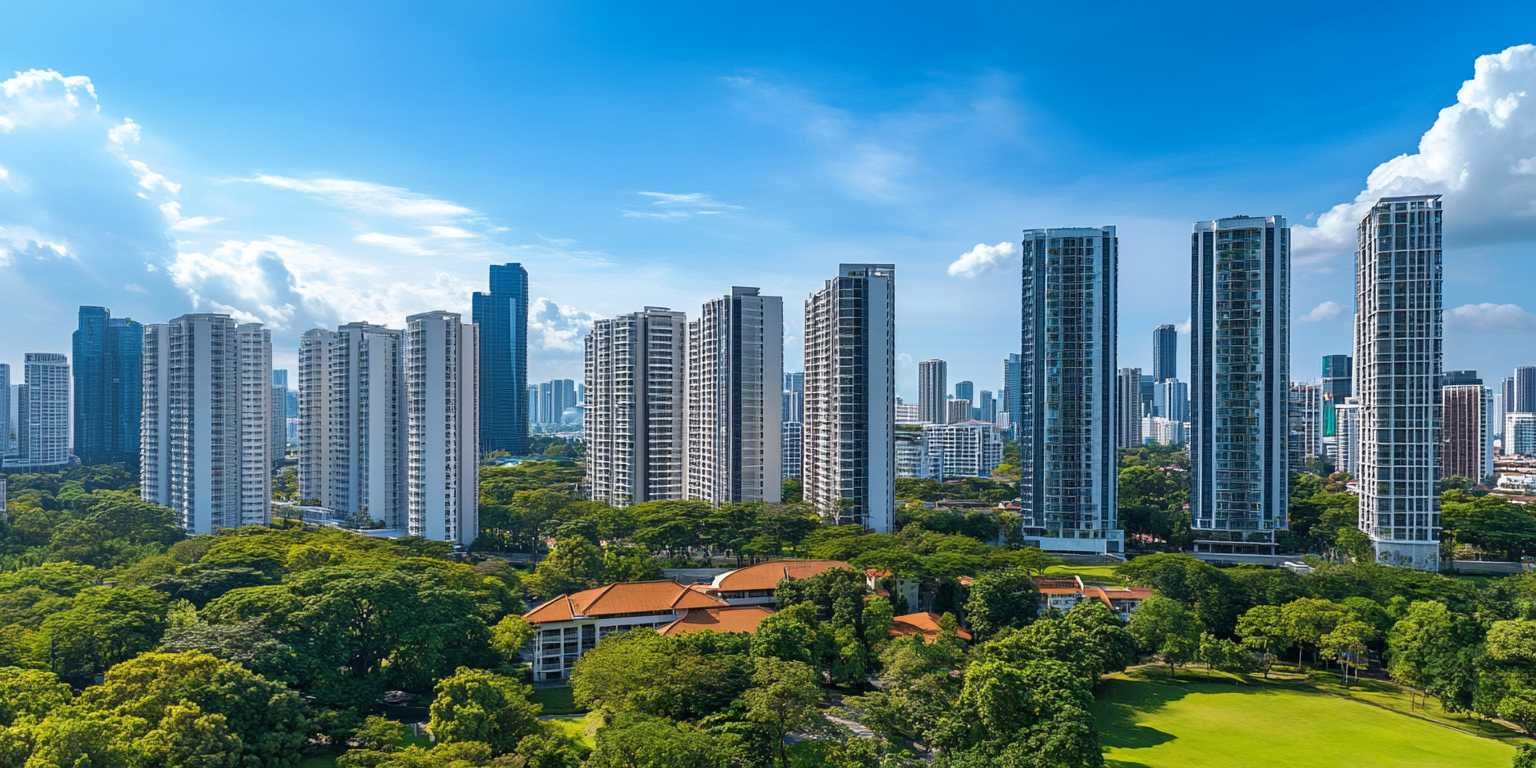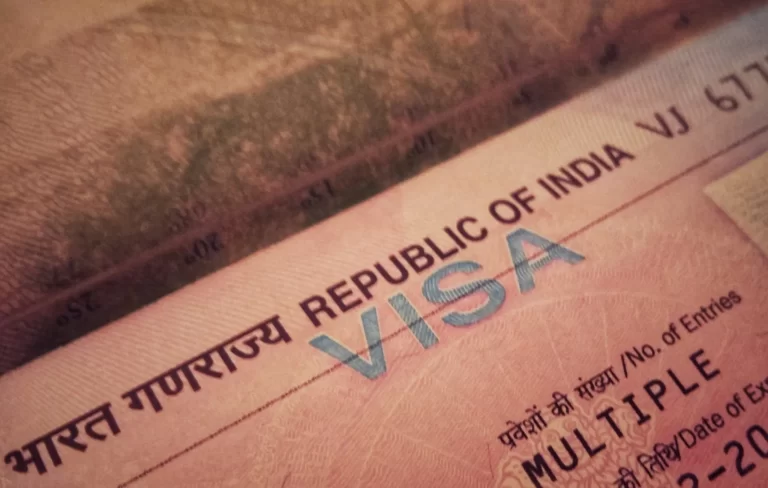Skye at Holland Condo: Foreign Buyer Eligibility Guide
Singapore’s property market has always attracted strong interest from foreign buyers, especially in prime residential locations such as Holland Village. One of the most anticipated developments in this prestigious area is the Skye at Holland Condo, a luxury condominium project that appeals to both local and international investors. For foreign buyers interested in owning a home in this sought-after locale, understanding eligibility requirements and regulations is essential to ensure a smooth purchase process.
The Skye at Holland Condo, with its modern design and strategic location, presents a compelling investment opportunity for foreigners looking to acquire property in Singapore. However, buying residential property in Singapore involves specific rules and procedures that differ for foreign buyers compared to locals. This guide will cover the key aspects of foreign buyer eligibility, restrictions, and important considerations when purchasing at Skye at Holland Condo.
Foreign Ownership Regulations in Singapore
Singapore has a tiered system of property ownership eligibility designed to manage foreign investment in the real estate market. Foreigners are generally allowed to buy private condominiums and apartments with minimal restrictions. However, the purchase of landed properties such as terrace houses, semi-detached houses, or bungalows is heavily regulated and requires special approval from the government.
Since Skye at Holland Condo is a condominium development, foreign buyers are eligible to purchase units without needing approval from the Singapore Land Authority (SLA). This makes condominiums one of the most accessible residential property types for international investors and expatriates in Singapore.
Eligibility Criteria for Foreign Buyers at Skye at Holland Condo
To buy a unit at Skye at Holland Condo, foreign buyers must meet the following criteria:
- Valid Passports and Identification
Foreign buyers must provide valid identification documents such as a passport and proof of residence in their home country or another country where they reside. - Financial Capability
Buyers should demonstrate the financial ability to purchase the property, including payment for the property, additional taxes, and fees associated with property ownership in Singapore. - Compliance with Taxes and Duties
Foreign buyers must understand and comply with the taxes applicable to property purchases in Singapore, including the Additional Buyer’s Stamp Duty (ABSD).
Understanding the Additional Buyer’s Stamp Duty (ABSD)
One of the most critical considerations for foreign buyers is the Additional Buyer’s Stamp Duty (ABSD), a tax levied on top of the standard Buyer’s Stamp Duty (BSD). The ABSD rate for foreign buyers of residential properties is currently set at 30% of the purchase price or market value, whichever is higher. This significantly increases the upfront cost of buying property.
This tax policy is part of the Singapore government’s efforts to moderate foreign investment in the residential property market and maintain affordability for local buyers. It is essential for foreign buyers to factor ABSD into their budgeting when considering a purchase at Skye at Holland Condo.
Financing Options for Foreign Buyers
Foreign buyers have access to mortgage financing from banks in Singapore, but the terms and loan-to-value (LTV) ratios are typically more stringent than those offered to Singapore citizens and Permanent Residents. Generally, the maximum LTV ratio for foreigners is around 40-50%, depending on the loan tenure and buyer’s financial profile.
Foreigners should approach banks early to understand financing options and requirements. Engaging with mortgage brokers who specialize in foreign buyers can be beneficial to navigate the complexities of obtaining a home loan in Singapore.
Other Fees and Costs to Consider
Beyond the purchase price and ABSD, foreign buyers should be aware of other costs involved in acquiring a property such as:
- Buyer’s Stamp Duty (BSD): This is calculated on a tiered basis based on the purchase price.
- Legal Fees: Costs associated with hiring a lawyer to handle the conveyancing process.
- Property Tax: Annual taxes payable based on the property’s assessed value.
- Maintenance Fees: Monthly fees for upkeep of common areas and facilities within Skye at Holland Condo.
Understanding these additional expenses helps foreign buyers budget effectively and avoid surprises during ownership.
Residency and Eligibility for Financing
Foreigners purchasing at Skye at Holland Condo do not need to hold permanent residency or citizenship to own a unit. However, those planning to reside in Singapore long-term should consider the impact of their visa status on their stay and financing options.
Work passes such as Employment Passes, S Passes, or Dependent Passes do not restrict property ownership but may influence mortgage eligibility and other financial services.
Conclusion
Purchasing a unit at Skye at Holland Condo presents an attractive opportunity for foreign buyers to invest in one of Singapore’s most prestigious neighborhoods. While the process is relatively straightforward for condominium units, it is essential for foreign investors to fully understand eligibility requirements, tax implications, financing options, and additional costs.
Prospective foreign buyers should consult with real estate professionals, legal advisors, and financial institutions to ensure compliance and to make informed decisions. By doing so, they can enjoy a rewarding property ownership experience in the vibrant community of Holland Village, with all the modern conveniences that Skye at Holland Condo has to offer.
For more details on units available and purchasing guidelines, visiting the official Skye at Holland Condo website is highly recommended.







